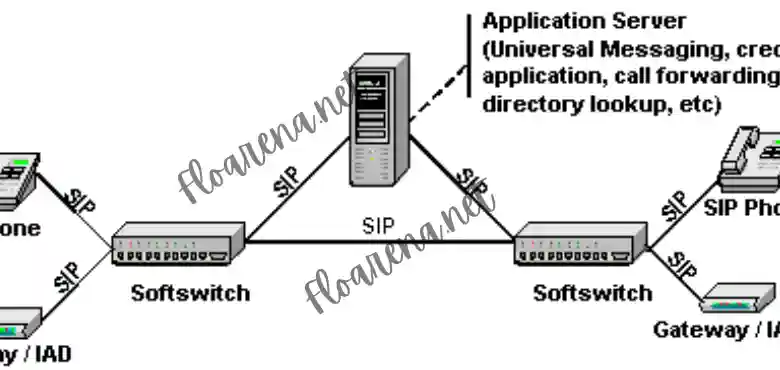SIP enables real-time communication across the globe. It’s the technology behind VoIP, video conferencing, and instant messaging.
SIP messages allow devices to connect directly with each other without the need for legacy phone lines.
Cost-effectiveness
Session Initiation Protocol is a cost-effective way to connect with others online. It uses existing Internet infrastructure and reduces communication costs by eliminating the need for costly physical connections to the phone company. It also integrates voice, video, and messaging to deliver a robust communications platform.
SIP trunking allows businesses to consolidate voice, video, and messaging services into a single network. Instead of using traditional phone lines, this method uses the Internet to transfer calls, eliminating the need for landline phones and saving costs.
SIP is an advanced communication technology that offers many benefits for businesses of all sizes. Its scalability makes it easy to add additional users or adjust bandwidth as needed. It also provides built-in redundancy and reroutes calls to other locations or mobile devices if the primary network is unavailable or experiencing problems. It helps employees stay connected regardless of location or technical setup, reducing the risk of lost productivity. It also ensures that your team will be able to use their devices and collaborate effectively in the event of an emergency.
Scalability
SIP is an internet-based protocol that allows communication among different systems and devices. It is flexible and scalable, making it easy to add users and locations without affecting the system’s performance. It also promotes interoperability between different systems, reducing communication costs.
With SIP trunking, businesses can easily upgrade their phone service to a unified communications platform. It reduces communication costs and provides many other benefits, including scalability and security. SIP works online, so it doesn’t require expensive copper lines. This is an ideal option for companies with growing employees and customers.
SIP enables your business to communicate across the Internet with people around the globe, whether you’re talking via video conference or simply using an Internet-based local call. It also helps equip your traditional telephone system with VoIP like features and offers many other benefits. SIP is essential to any modern communication system and provides a foundation for interactive communications.
Easy to implement
If you’ve ever wondered how people communicate worldwide without getting their calls interrupted, it’s thanks to a piece of tech called SIP. This protocol enables online communication, making video conferencing and remote work possible, replacing traditional phone lines.
SIP is a protocol for initiating, maintaining, modifying, and ending real-time communication sessions like voice, video, and instant messaging in unified communications.
SIP is media-independent, which means that it can be used to carry any multimedia transfer. For example, it can take a voice call, a video conference, or a file. It’s also flexible and can be used across different networks and devices. SIP works by using invite messages to establish a session and ACK messages to verify the session. It can also redirect calls to another network if the original network becomes unavailable or congested. This flexibility makes SIP an excellent choice for business communication.
Reliability
When you make a call or join a video conference, a lot happens behind the scenes to deliver that real-time communication. It is all thanks to SIP, or Session Initiation Protocol, which helps you communicate with your colleagues and customers around the globe.
SIP works at the application layer to initiate, maintain, and terminate real-time communication sessions. It sends invite messages to two or more endpoints to connect and control a session, such as a phone call or video conference.
The benefits of SIP include cost-effectiveness, scalability, and reliability. It also can redirect calls if a network goes down or becomes congested. Furthermore, SIP provides a unified communication platform that can integrate voice, chat, and video into one seamless experience. In addition, SIP allows companies to leverage existing internet infrastructure, reducing communication costs. It also has security features that protect company data and devices from unauthorized access.






